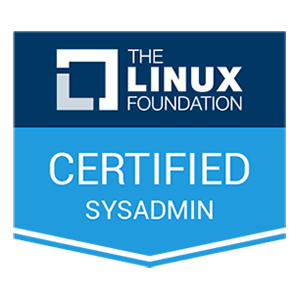编程语言
975
Dart 支持单行注释、多行注释和文档注释。
单行注释
一个单行注释以 // 开头。所有在 // 和行尾的东西都被 Dart 编译器所忽略。
void main() { // TODO: 重构成一个 AbstractLlamaGreetingFactory? print('Welcome to my Llama farm!'); }
多行注释
一个多行注释开始于 /* 结束于 */*。所有在 **/\ 与 */ 之间的东西都会被 Dart 编译器所忽略(除非这个注释是一个文档注释;请看下一节)。多行注释可以嵌套。
void main() { /* * This is a lot of work. Consider raising chickens. Llama larry = Llama(); larry.feed(); larry.exercise(); larry.clean(); */ }
文档注释
多行注释是以 /// 或 /** 开头的单行或多行注释。在连续的行上使用 /// 与多行文档注释有同意的效果。
在文档注释里,Dart 编译器会忽略所有不在括号中的文本。使用括号,你可以引用到类、方法、字段、顶级变量、函数和参数。括号中的名字会在文档程序元素所在的词法作用域内被解析。
下面是一个引用了其他类和参数的文档注释:
/// A domesticated South American camelid (Lama glama). /// /// Andean cultures have used llamas as meat and pack /// animals since pre-Hispanic times. class Llama { String name; /// Feeds your llama [Food]. /// /// The typical llama eats one bale of hay per week. void feed(Food food) { // ... } /// Exercises your llama with an [activity] for /// [timeLimit] minutes. void exercise(Activity activity, int timeLimit) { // ... } }
在生成的文档中,**[Food]** 会变成指向 Food 类文档的链接。
要解析 Dart 代码并且生成 HTML 文档,你可以使用 SDK 中的 文档生成工具。要查找一个生成的文档的例子,请参阅 Dart API 文档。要获取关于如何组织注释的建议,请参阅 Dart 文档注释指南。










